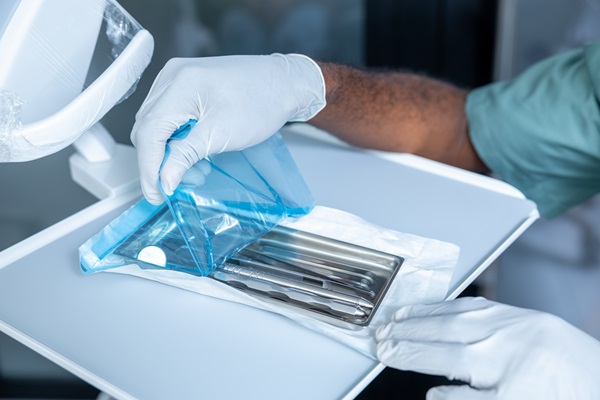3 Common Oral Surgery Procedures

When a family dentist discusses oral surgery, some patients experience dread and anxiety about the cost and pain of such procedures. Read on to learn more about oral surgery. Many patients are unaware that dental surgery is common and involves treatments that address problems that affect many individuals. Dental surgery is often performed as an outpatient operation, and patients may return to regular activities within a few days.
3 Commonly performed oral surgery procedures
The most frequent kinds of oral surgery are treatments that are so common that many people do not think of them as dental surgery. They include:
1. Root canal treatment
The most frequently performed oral surgery is perhaps a root canal treatment. Every year, millions of teeth are treated, sparing many from extraction and alleviating pain and sensitivity. Root canals are usually painless and very efficient in relieving pain.
The dental pulp lies underneath a tooth's enamel and contains blood vessels and nerve endings. Bacteria penetrate the tooth when it is decaying and destroy the pulp. Tooth discomfort, swelling, and possible neck or jaw pain are all symptoms of infected pulp. A dentist can treat this by removing the infected pulp and the decaying part of the tooth via a root canal procedure.
2. Dental implants
A dental implant is a replacement for a tooth's roots. The process involves using titanium posts to attach crowns to the jawbone. These metals are chosen because they are light and biocompatible, meaning they integrate well with body tissues. Dental implants are used to replace teeth that have been lost due to factors such as decay, infection, oral cancer, and poor oral hygiene habits.
Dental implants are a more involved procedure because the bone must fuse correctly with the metal post before the replacement tooth can be installed. The integration process can take between three to six months, after which the dentist will attach a dental restoration such as a crown or bridge to finish the procedure.
3. Wisdom tooth extraction
Wisdom teeth are the third molars, which typically appear between the ages of 17 and 25. Wisdom teeth that do not have enough space to develop may become impacted, causing discomfort, mouth infections, and other dental issues. Even if impacted teeth are not problematic, dentists often recommend wisdom tooth removal as a preventive measure.
The extraction of wisdom teeth is an outpatient treatment and requires some time for recovery. The wisdom teeth are extracted via surgical incisions, and the extraction site is stitched up afterward to ensure healing. To prevent excessive bleeding or blood clots, it is critical to follow the dentist's instructions during the healing process.
The bottom line
Whether you need minor restorative oral surgery or significant dental treatment, your family dentist should be a major part of your oral health journey. Taking a proactive approach to your oral health may help you avoid tooth loss and major oral surgery.
Request an appointment here: https://www.goldensmilesdental.com or call Golden Smiles Dental at (909) 297-1966 for an appointment in our Rancho Cucamonga office.
Check out what others are saying about our dental services on Yelp: Oral Surgery in Rancho Cucamonga, CA.
Related Posts
Many patients prefer dental implants to other dental restorations. The stability and aesthetic improvement that the implants provide can enhance one’s bite and speech, as well as one’s chew and smile. Understanding why implants are popular can convince you to speak to your dentist about getting them. Here are the reasons for the popularity of…
CEREC® same day crowns are becoming a common way to restore smiles and replace damaged teeth. In the past, the only way to get a crown was to make multiple trips to the dentist’s office. It can take several weeks to complete a crown placement with this method. Getting crowns in a single visit has…
Thinking about using dental sedation during an upcoming dental visit? Those suffering from dental anxiety or fear might want to consider using dental sedation for appointments and procedures. There are a lot of benefits that can make appointments run smoother for all parties involved.Dental sedation refers to a few different measures that dentists can provide…
Dental implants are a popular and effective treatment option for missing teeth. However, it can be overwhelming to learn about the details of the entire process. In addition, it is normal to have questions about the procedure. This article will review the most commonly asked questions and help you determine if this procedure may be…


